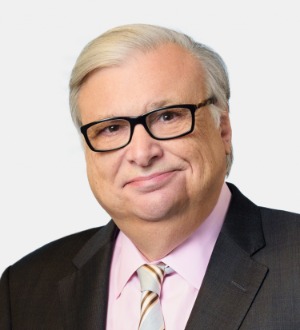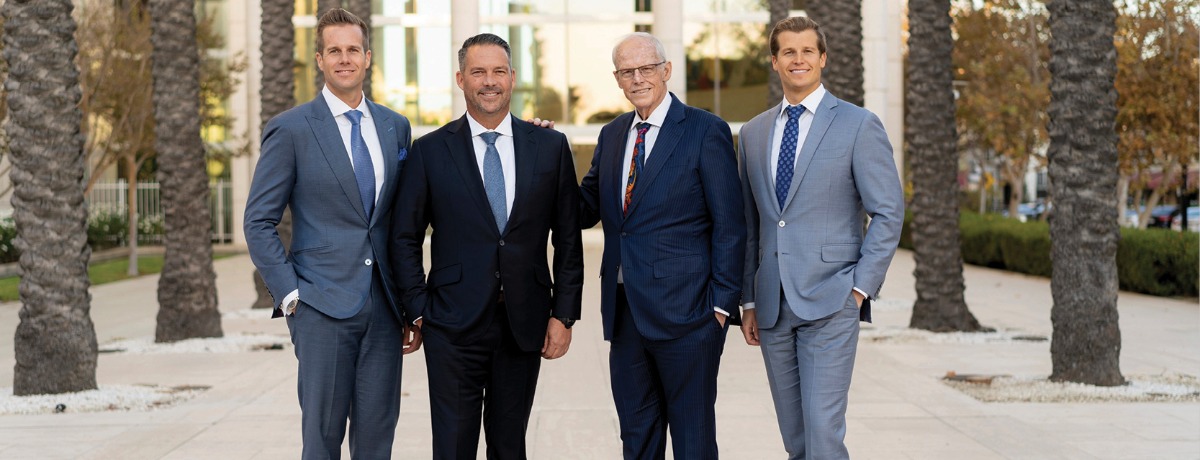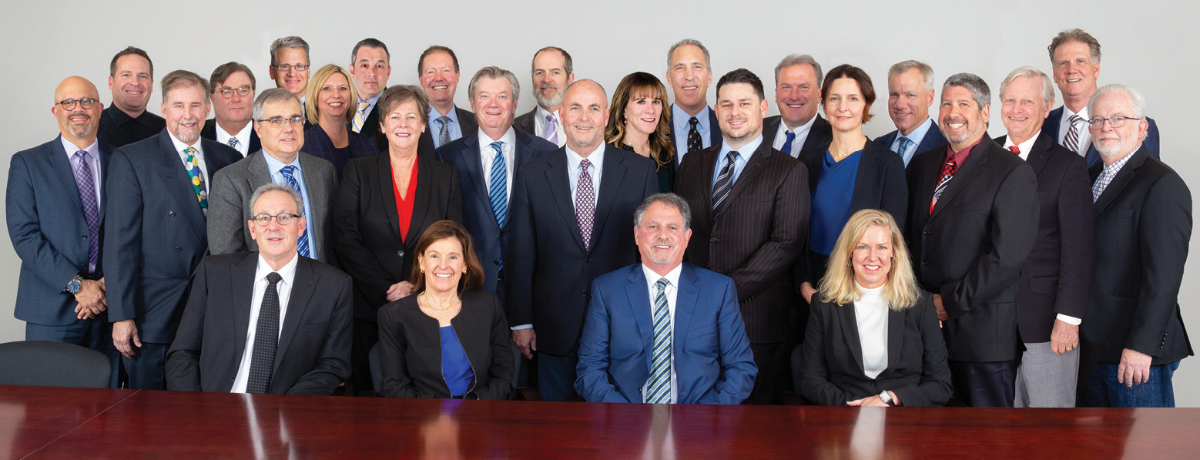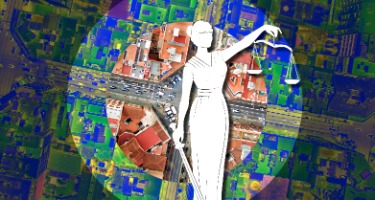Oftentimes in transportation-related casualty litigation, plaintiff will offer as expert witnesses one or more former industry employees who rely on experience rather than education as the basis for their expertise.
For instance, in a railroad grade crossing accident involving injury to employees operating the train or those struck by it, plaintiff’s counsel may often use former industry engineers or conductors as experts on proper train handling, operating rules, and industry practices. The plaintiff also may retain former Federal Railroad Administration inspectors, many of whom had previously worked in the industry as transportation department employees, to offer expert testimony.
Assuming such a matter is pending in federal court or in a state court system that tracks Federal Rules of Civil Procedure 26, the expert(s) in question would provide a report, together with additional supporting materials. In this hypothetical case, lawyers representing the railroad company would first analyze the report’s findings. Further, they would perform a search for published cases in which the plaintiff-provided witness had been proffered as expert, and only then would they make a threshold judgment whether a Daubert motion might be successful (See Daubert v. Merrell Dow Pharmaceuticals [92–102], 509 U.S. 579 [1993]).
Should it turn out that such strategy could succeed, counsel for the railroad company should consider scheduling the proposed expert’s deposition to tie down his opinions, establish his lack of expertise, and obtain concessions from the witness that other courts have found his opinions insufficient to meet reliability requirements. Often in the course of probing the background of such witnesses—for example, a former railroad engineer—counsel would be able to find a history of rules’ violations, reprimands, or dismissals from service, as well as prior accidents involving the witness that counsel can use as leverage to impeach the expert’s credibility.
If the forum state court in this putative case is among those that take a restrictive view of Daubert or the lines of attack appear likely insufficient to succeed with such approach, counsel for the railroad will likely have to weigh a number of critical options to prevail under such circumstances. Those include, among others, initiating a full-blown attack on the witness in deposition, hoping to undermine his confidence or that of the plaintiff’s counsel in the witness, and, by so doing, lay out in advance the direction of cross-examination at trial. As an alternative, counsel for the defendant could take a measured and limited deposition seeking only to nail down the opinions the witness may offer at trial.
No matter how respectable the credentials of a plaintiff-side expert witness may appear, a diligent defense counsel will explore all options to uncover issues that may disprove otherwise seemingly undebatable expert testimonies. Often, that may require counsel to become acquainted with a client’s industry sector and the case law behind it beyond what many would consider necessary, for that is what may make them successful when deposing expert witnesses.
--------------------------
Benjamin “Ben” Slater III serves as the New Orleans Office’s managing partner at national law firm Akerman LLP, where he also is a member of the firm’s litigation practice group. His practice focuses on complex commercial and mass tort litigation.

























